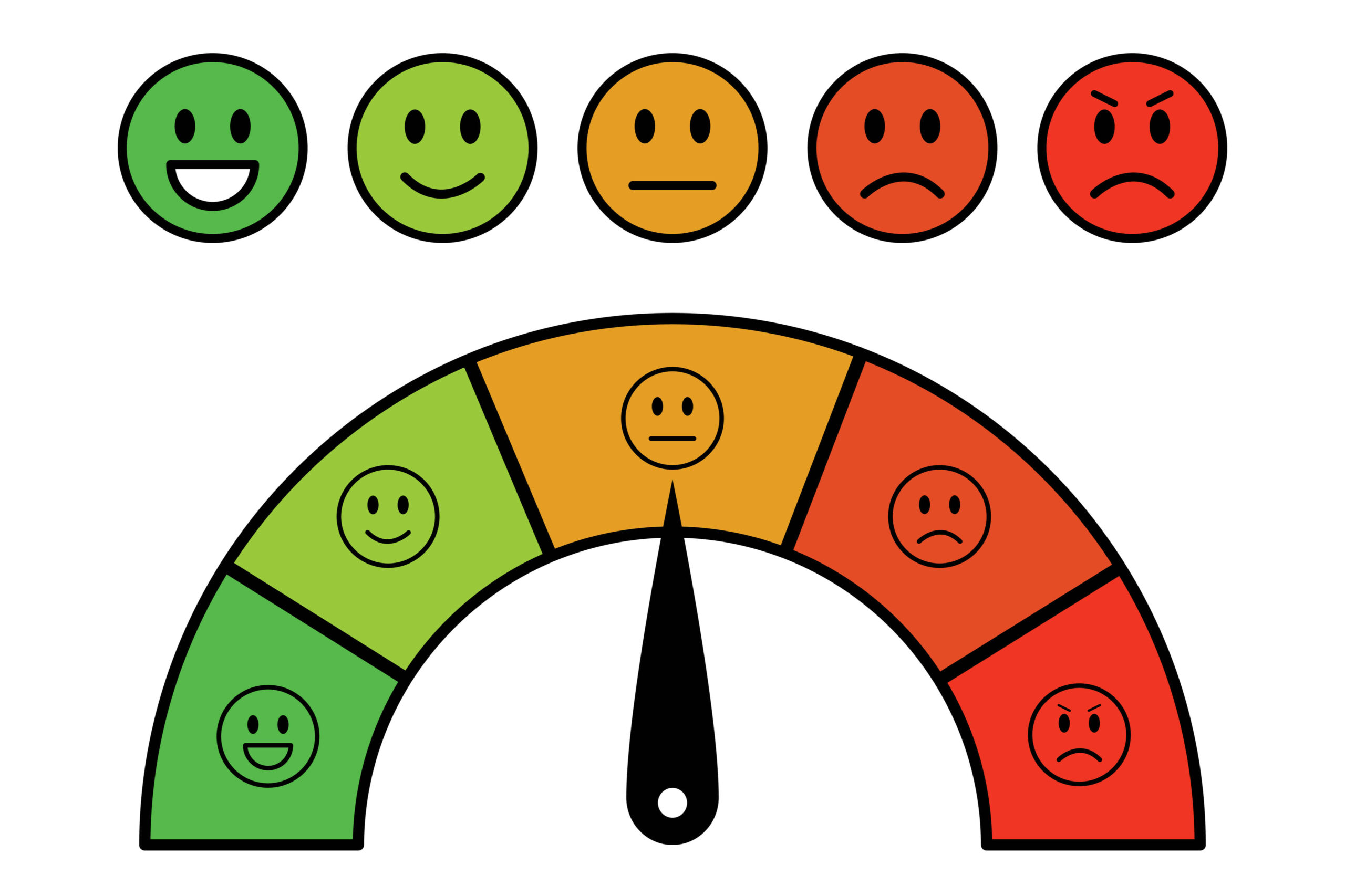Positive emotion dysregulation in opioid use disorder and normalization by mindfulness-oriented recovery enhancement
Garland et al. (2025) explored whether individuals with opioid use disorder (OUD) have difficulties regulating positive emotions and whether mindfulness-based therapy can help. Researchers recruited chronic pain patients with and without OUD to complete emotion regulation tasks and questionnaires. A subgroup at risk of opioid misuse was randomly assigned to either an 8-week Mindfulness-Oriented Recovery Enhancement (MORE) program or supportive group therapy. Neurophysiological data showed that individuals with OUD had reduced brain responses (LPP and P300) during tasks involving positive emotion regulation compared to those without OUD. This blunted brain activity was linked to greater opioid craving. However, participants who completed the MORE program showed increased neural engagement during emotion regulation, better attention to positive experiences, higher positive feelings, reduced anhedonia, and lower opioid cravings compared to those in the supportive group. Importantly, the authors highlight how improvements in positive emotion regulation were associated with decreased cravings over time. [NPID: Opioid use disorder, positive emotion regulation, mindfulness, craving, chronic pain, mindfulness-oriented recovery, emotion dysregulation, addiction treatment]
Year: 2025
 Navigation
Navigation








